A Complete Guide to the Endocannabinoid System
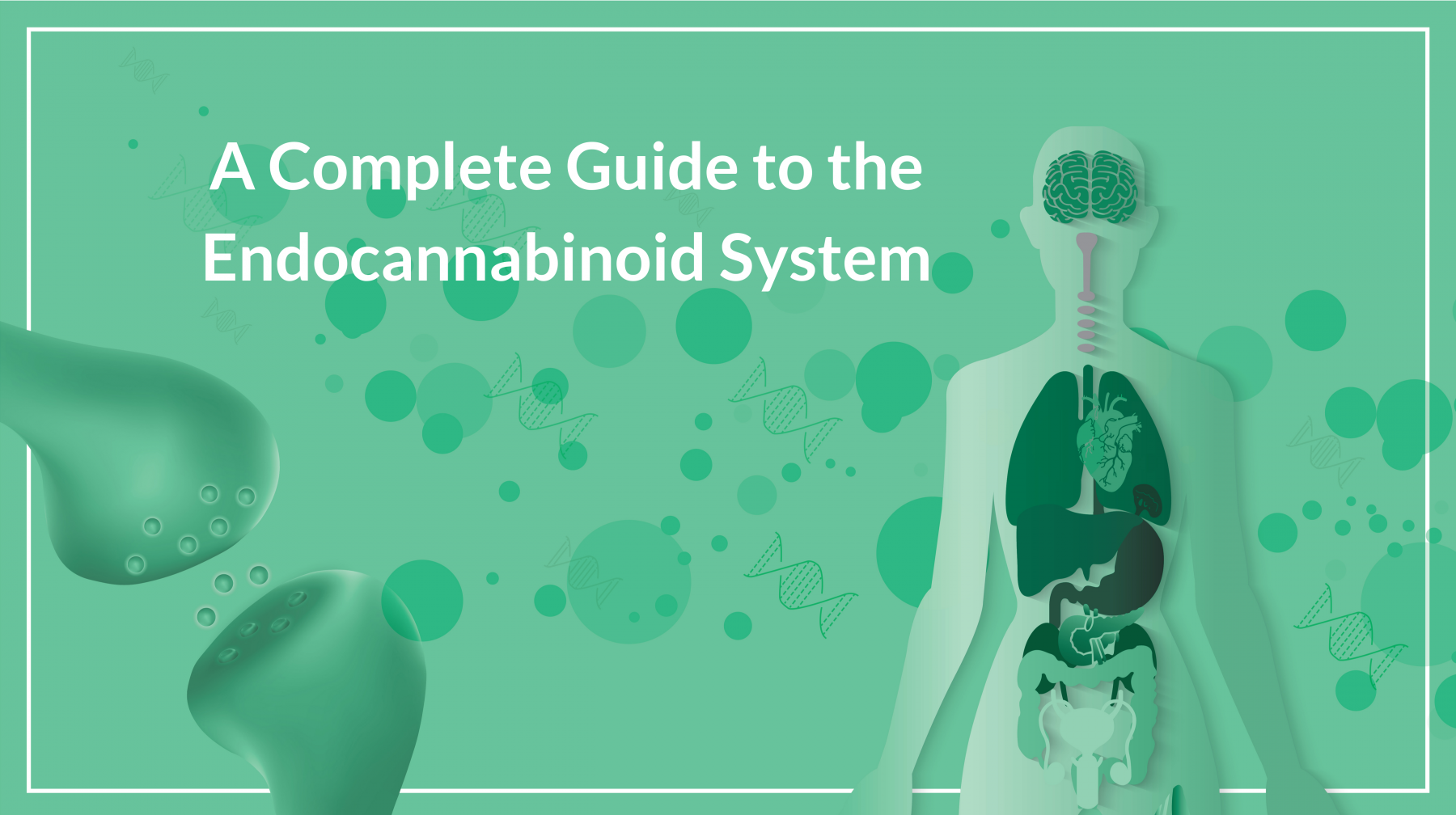
There is a good chance if a patient were to visit their general practitioner and tell them that they think their endocannabinoid system may be unbalanced, the practitioner would have no idea what the patient was talking about.
On the other hand, when visiting a practitioner who believes the evidence of the efficacy of medical cannabis such as those at Compassionate Clinics of America, the endocannabinoid system will be a central point of discussion.
The endocannabinoid system, or ECS, is likely one of the most important bodily systems, yet it’s one that is overlooked by many health practitioners, and it’s rare to find it in the medical school curriculum. In medical cannabis contexts, however, it’s the understanding of the endocannabinoid system that forms the foundation of this medical approach.
What is the endocannabinoid system? Why is it so important? How can understanding its crucial role potentially unlock new approaches to treating certain common medical conditions?
Here we’ll provide the patients of Compassionate Clinics of America with a complete guide to the endocannabinoid system.
So, What is the Endocannabinoid System?
Discovered in the 1980s by Raphael Mechoulam and Dr. Shimon Ben-Shabat (who we also highlighted as the scientists who discovered the entourage effect), the endocannabinoid system (ECS) can be viewed as a lock and key system, providing the foundation for how cannabinoids interact with our mind and body.
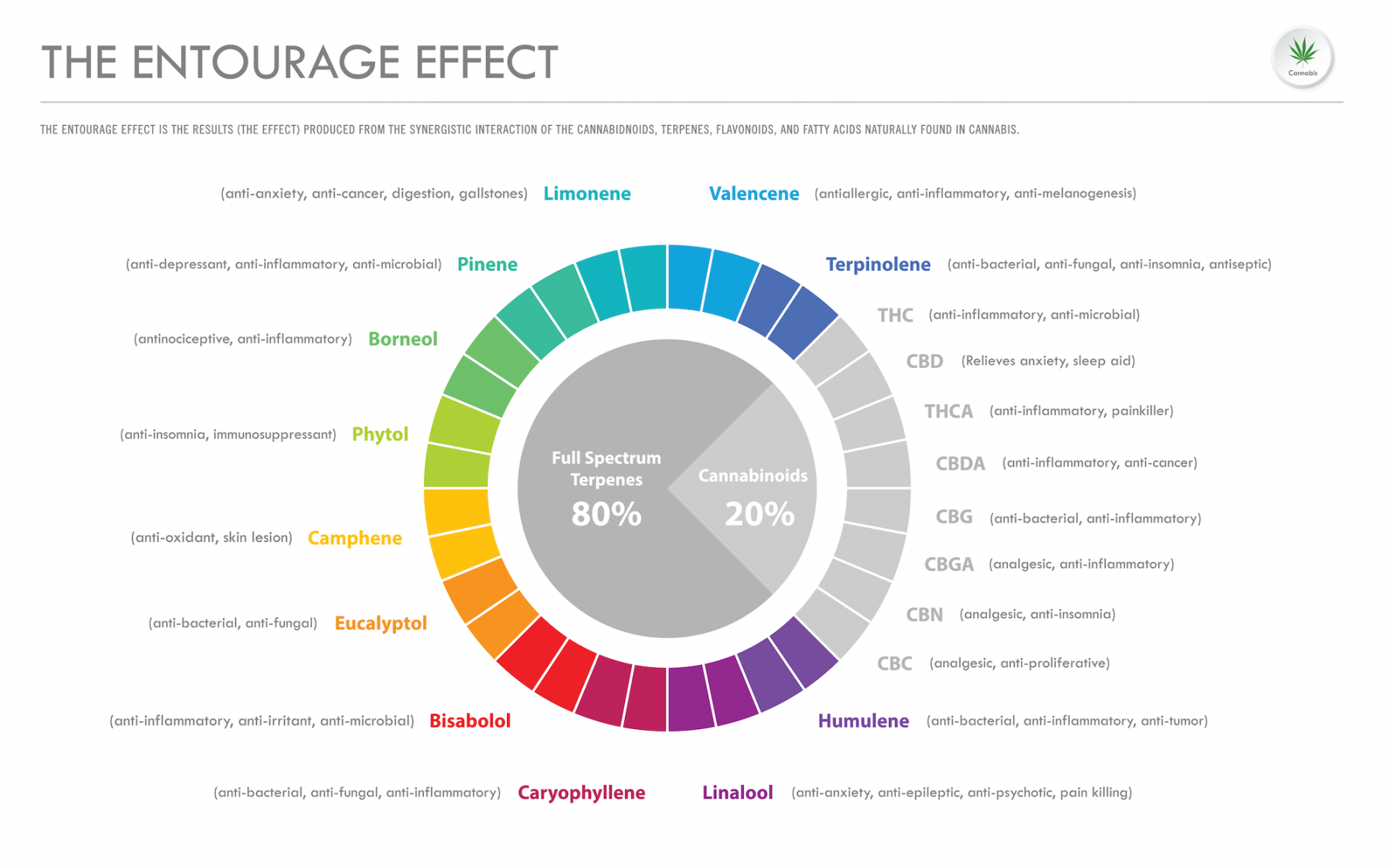
The ECS exists in the bodies of all mammals, and it essentially acts as a regulator of all bodily systems, including, but not limited to those that regulate sleep, mood, appetite, memory, and reproduction, working to bring the body into balance or homeostasis. It can be best described by Dr. Ethan Russo as “a key mediator of physiological homeostasis, thus ensuring that various bodily systems function within tight parameters with neither a deficiency nor excess of activity”.
The ECS is made of two main receptors, the CB1 and CB2, which are designed to act as “master conductors” of signals throughout the whole body, intuitively delivering cannabinoids to the parts in the body that need them most. It is because of the ECS and the cannabinoid receptors that cannabis users will often not only feel the effects of cannabis in their head but also in their body (sometimes described as a “body buzz”).
What many people don’t know is that the body naturally produces cannabinoids, known as endogenous cannabinoids or endocannabinoids, that work with the endocannabinoid system in the regulation of bodily systems. An example of an endocannabinoid is anandamide, which is also known as the “bliss molecule”. Anandamide is known to play a role in sleep, mood, memory, appetite, reproduction, and how the body experiences pain.
While the discovery of the cannabinoids THC and CBD in the cannabis plant, known as phytocannabinoids came in the 1960s, and the ECS was discovered in the 1980s, it wasn’t until the 1990s that Mechoulam observed how both endo and phytocannabinoids bind to the CB1 and CB2 receptors. This discovery essentially formed the basis of cannabis medicine: when ingesting cannabis, we are adding more of what the body naturally produces for the regulation of our health.
Some medical cannabis practitioners like to refer to the “Goldilocks Zone” when describing the importance of homeostasis and the role of cannabinoids in achieving it. Looking back at the old fairytale of Goldilocks and the Three Bears, Goldilocks was on the search for “just right” in the bears’ home.
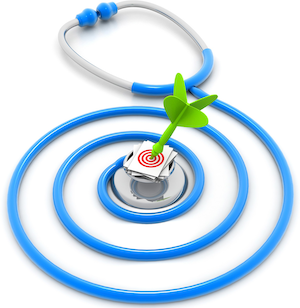
Finding the Goldilocks Zone with cannabis medicine is the pursuit of something that is not too much, or too little, but just right. In other words, balanced.
For instance, we don’t want our body temperature to be too hot, or too cold, but somewhere in between where we are physically comfortable. We don’t want our blood pressure levels to be too high, or too low, but rather balanced for good cardiovascular health. We don’t want to sleep too much, or sleep too little, but get just the right amount our body needs. When we eat, we know there is a difference between eating to excess, and eating for sustenance, and we know that nutrition involves a balanced approach to appetite and food intake. This is what homeostasis is and what cannabis medicine seeks to achieve.
Clinical Endocannabinoid Deficiency
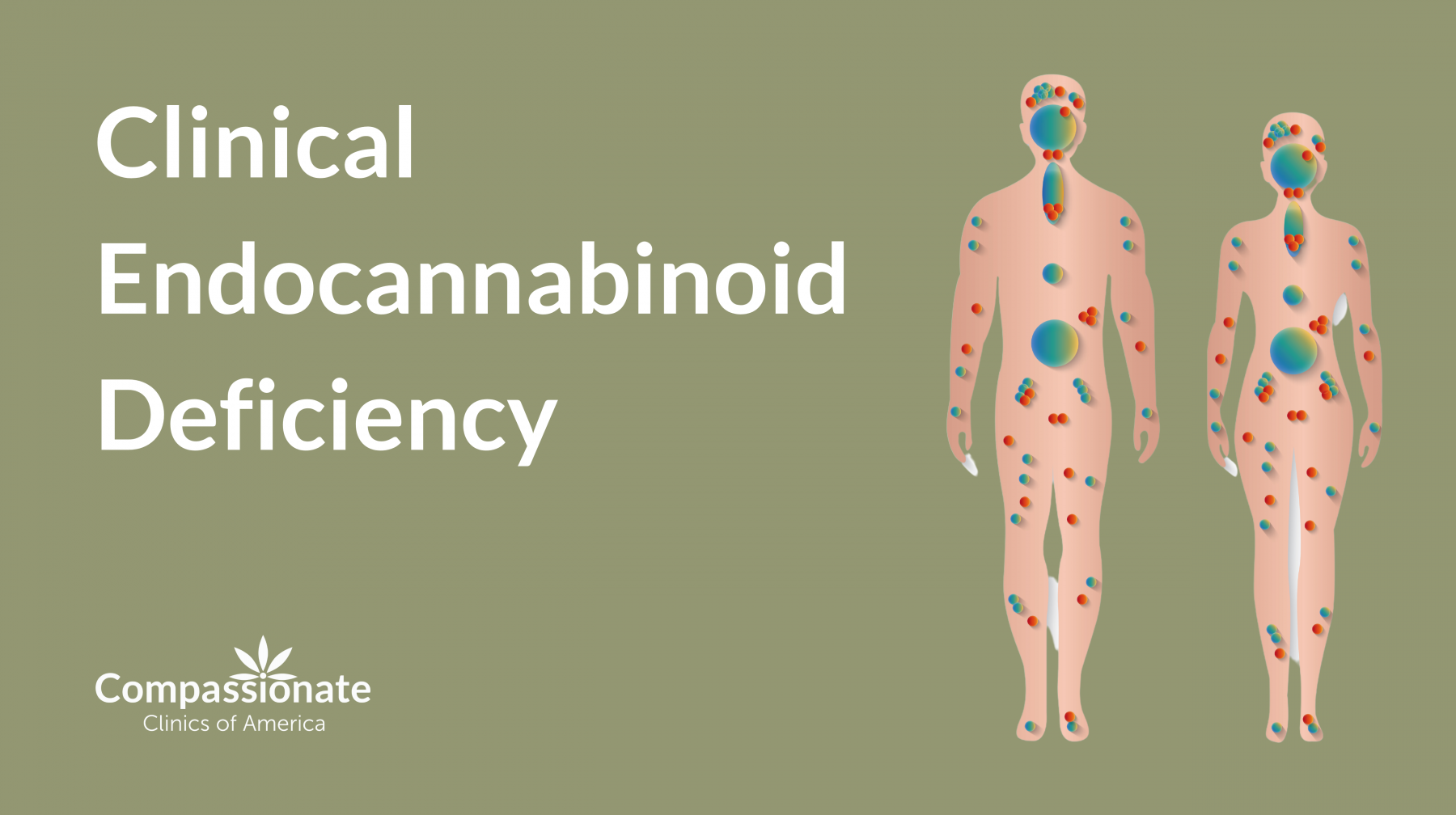
Dr. Ethan Russo, widely known for his research on terpenes and the the entourage effect entourage effect, is also known for bringing the concept of clinical endocannabinoid deficiency (CED or CECD) to the medical cannabis research base.
Russo positions that medical conditions can occur or persist because the body either doesn’t produce enough endocannabinoids or enough receptors for the ECS to function as it should to bring about homeostasis, hence calling it clinical endocannabinoid deficiency.
Russo’s research into the medical literature on certain conditions revealed that people who lived with migraines, fibromyalgia, and irritable bowel syndrome (IBS) had lower levels of endocannabinoids, positioning the CED could be a factor in these medical conditions. Russo also stated that theoretical evidence suggests that patients with depression, posttraumatic stress disorder (PTSD), neuropathic pain conditions, and certain forms of infertility and early miscarriage may also be attributed to clinical endocannabinoid deficiency.
Using cannabis medicine increases the number of cannabinoids in the ECS via the phytocannabinoids in the cannabis plant, making up for the deficiency of endocannabinoids that may contribute to some of the aforementioned conditions.
Achieving Homeostasis with Compassionate Clinics of America
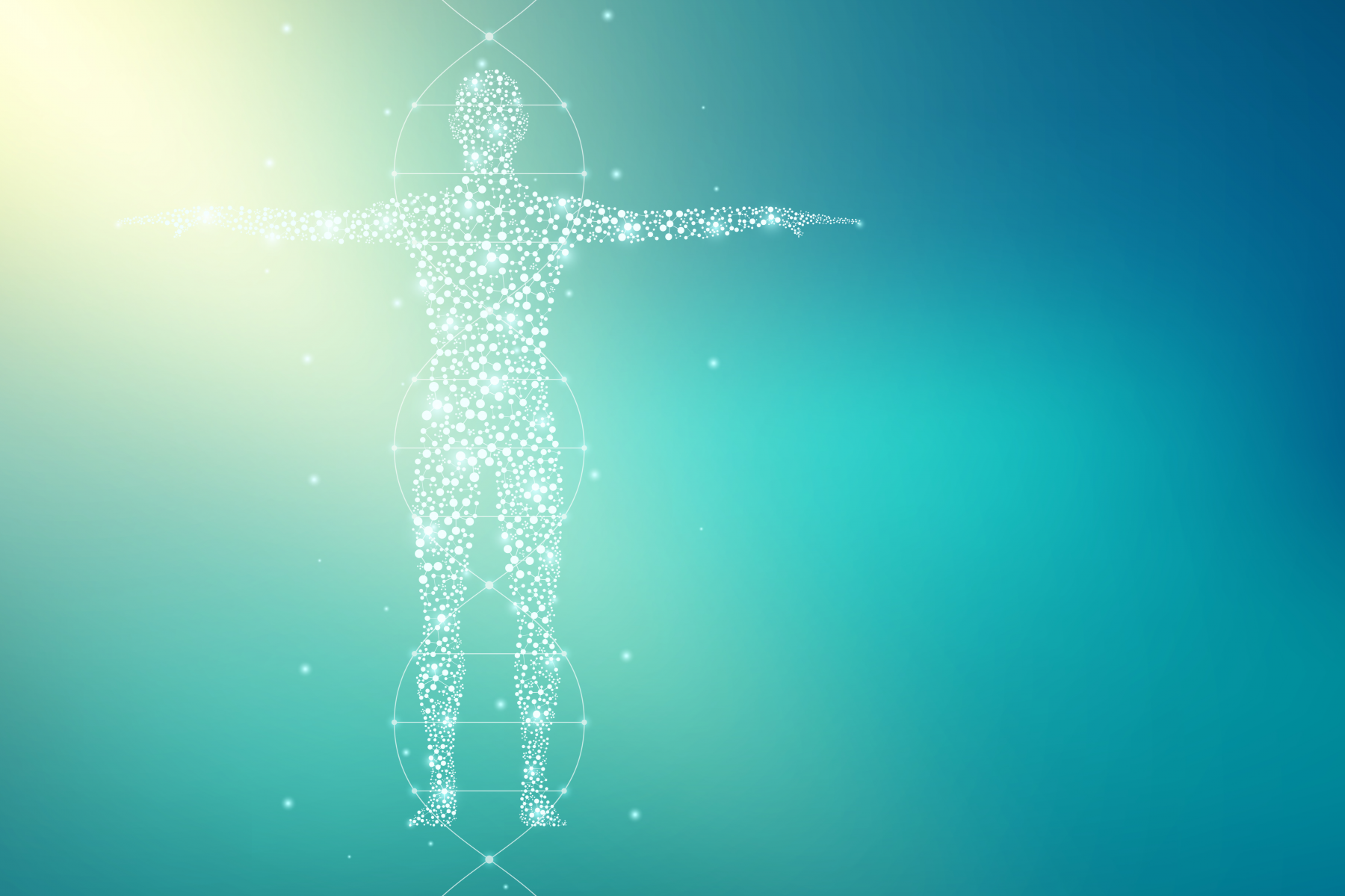
While the endocannabinoid system is rarely explored in traditional medical education settings, the medical practitioners at Compassionate Clinics of America have engaged in extensive study on the ECS, recognizing it as the lock for which cannabis has the key.
When you book an appointment with a practitioner at Compassionate Clinics of America, you will learn how using cannabis medicine may be able to help unlock a path to wellness that no other medical treatment has provided you thus far.
At Compassionate Clinics of America, we are dedicated to continuous learning about how cannabis affects the mind and body and apply that knowledge to our practice in providing compassionate care and education. Book an appointment to get your medical cannabis certification, and be sure to stay tuned to our blog as we continue to release educational articles that will help you maximize your experience with the cannabis plant in your pursuit of health and well-being.























